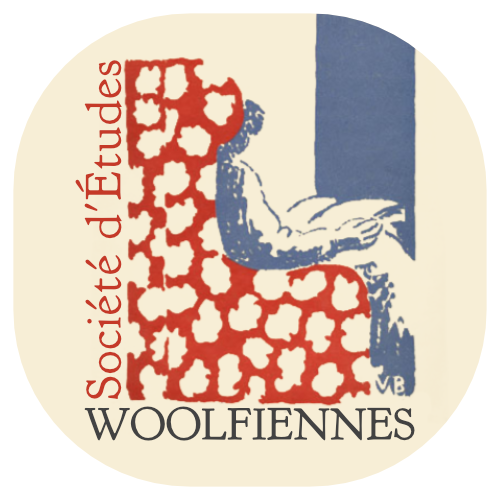Journée doctorale de la SEW LERMA/DEMA, université d’Aix-Marseille, le 23 septembre 2017
Feminist Woolf: New Perspectives on Woolf’s Resistance to Feminism
‘What more fitting than to destroy an old word, a vicious and corrupt word that has done much harm in its day and is now obsolete? The word “feminist” is the word indicated’. So speaks Virginia Woolf as she gradually brings her anti-Fascist, anti-patriarchal polemic, Three Guineas, to its rallying closing pages. And yet, although Woolf supposedly consigned ‘feminism’ to the bonfire, critics since the 1970s have been engaging specifically, even devotedly, with the feminine and feminist significance of Woolf’s work. The question proved a critical minefield. For Showalter, Woolf was a ‘saint’ in women’s literary historiography who fled from the political arena of feminism; for Toril Moi, on the contrary, Woolf was the figurehead of sexual/textual politics. Resistance from within schools of Women’s Studies, together with the opening up of Gender Studies shed light on the necessity to reconsider any unqualified judgement regarding Woolf’s relation to “feminism”, or “feminisms.” Debates thus shifted from feminine poetics or female empowerment to larger concerns with gender, sexuality and the cultural constructions of sexual relations – to the extent of proclaiming her a feminist ‘icon’ (Silver) or ‘a lightning rod for reactions to feminism’ (Snaith). In France, meanwhile, the enduring influence of ‘écriture féminine’, psychoanalytical theory and close textual reading meant the more powerfully political or gender-rethinking perspectives on Woolf’s writing, and indeed on Modernist writing in general, remained on the sidelines. Some French critics did address Woolf’s feminism (Regard, Manonni, Doizelet, etc.), but her work has never been addressed specifically in terms of its problematic relation to feminism by the French Society for Woolf Studies at their annual events (SEW, https://etudes-woolfiennes.org/?cat=33).
Fifty years after the call for ‘Women’s Lib’, therefore, and nearly seventy years since Simone de Beauvoir famously omitted to mention Woolf in her iconic Le Deuxième Sexe (1949) the time seems ripe to reconsider Woolf’s feminism, in all its contradictoriness, slipperiness, and enduring – but perhaps misleading – relevance.
The Société des etudes woolfiennes together with the Horizon project (https://womenandthefword.wordpress.com/) are therefore joining forces for a day-long symposium organised and piloted by Nicolas Pierre Boileau (LERMA, AMU) and Claire Davison (Paris III). They invite PhD students to reflect on any aspect of Woolf’s feminist thinking/ stance, her resistance to feminism, and her complex understanding of the categories of woman, femininity and gender in relation to their own research.
Proposals for short papers, along with a brief biographical note, are to reach Nicolas.boileau@univ-amu.fr by 30 April 2017.
Confirmed speakers for the event are Jane Goldman (Glasgow, UK) and Derek Ryan (Kent, UK).
